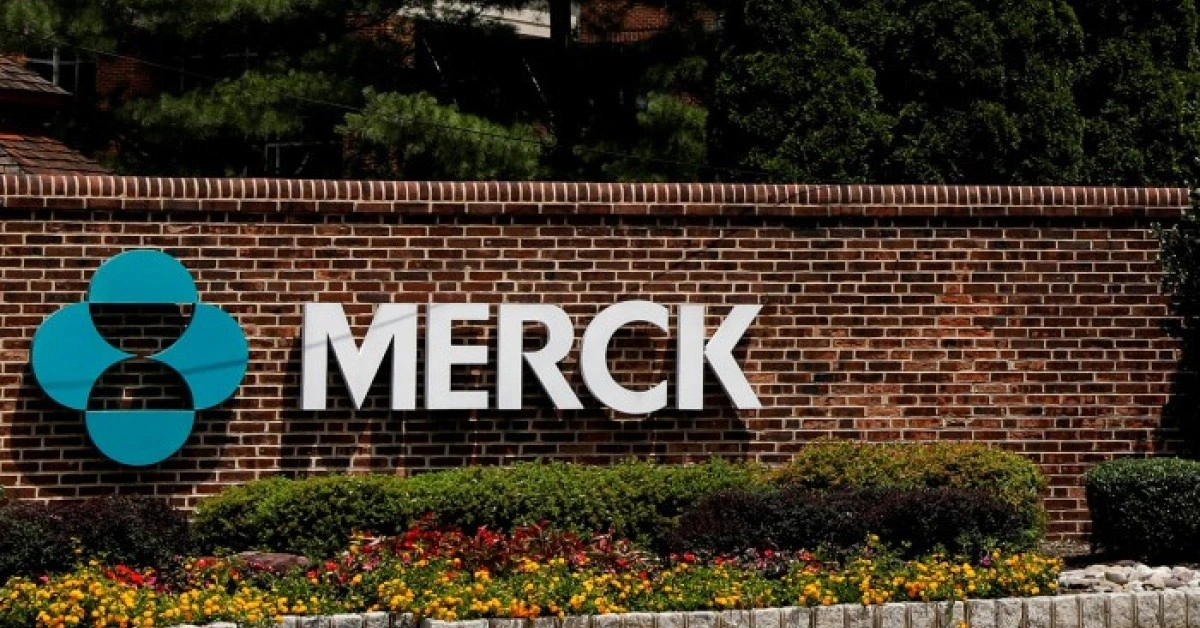
USA – Merck & Co. has reported a significant decline in sales of its human papillomavirus (HPV) vaccines, Gardasil and Gardasil 9, primarily due to reduced demand in China.
In the first quarter of 2025, Gardasil sales fell 41% year-over-year to US $1.3 billion, down from US $2.2 billion in the same period of 2024.
This downturn is largely attributed to a temporary halt in shipments to China, which began in February and is expected to continue until at least mid-2025.
The suspension of shipments is a response to sluggish demand, elevated inventory levels, and financial difficulties faced by Merck’s Chinese distributor, Chongqing Zhifei Biological Products Co. Ltd.
Despite these challenges, Merck remains committed to the Chinese market, citing the large number of individuals who have yet to be immunized against HPV.
Outside of China, Gardasil sales have shown resilience, with a 14% increase reported, or 16% when adjusted for currency fluctuations. This growth is driven by higher demand in markets such as the United States and Japan.
Merck’s overall financial performance in Q1 2025 was mixed. The company reported a 7% increase in adjusted profit, totaling US$ 5.61 billion or US $2.22 per share, surpassing analyst expectations.
However, total revenue declined by 2% to US $15.5 billion, impacted by the Gardasil sales slump.
Looking ahead, Merck has adjusted its full-year 2025 revenue forecast to a range of US $64.1 billion to US $65.6 billion, slightly down from previous estimates.
The company also anticipates approximately US $200 million in additional costs due to tariffs and a licensing deal with Hengrui Pharma.
To mitigate future risks, Merck is investing in its manufacturing capabilities, announcing a $1 billion investment in U.S. facilities in March 2025.
Since 2018, the company has invested US$ 12 billion in U.S. manufacturing and plans to commit an additional US$ 9 billion through 2028.
Despite the current challenges, Merck remains optimistic about Gardasil’s long-term prospects, particularly in China, where the vaccine has recently been approved for use in males aged 9 to 26.
The company believes that expanding access to the vaccine for males and the large number of unvaccinated individuals present significant growth opportunities in the future.
XRP HEALTHCARE L.L.C | License Number: 2312867.01 | Dubai | © Copyright 2025 | All Rights Reserved